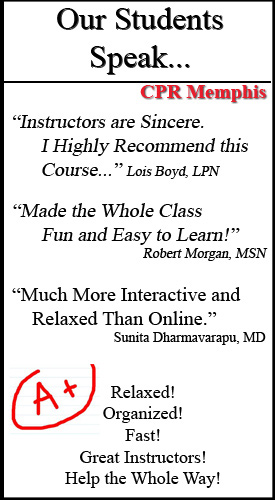BLS (Basic Life Support) training is a vital skill that can make a difference in life-or-death situations. In this beginner’s guide, we will delve into the core concepts of BLS training, providing you with a comprehensive understanding of its importance, key components, and step-by-step techniques. By the end of this article, you will be equipped with the knowledge to choose the right BLS training program and take the first step toward saving lives.
What is BLS Training?
BLS training is a program designed to equip individuals with the necessary skills to provide immediate care to those experiencing cardiac arrest or other life-threatening emergencies. It focuses on basic techniques that can sustain life until professional medical help arrives.
- The primary objectives of BLS training are to:
- Recognize life-threatening emergencies promptly
- Initiate appropriate emergency response procedures
- Perform high-quality CPR (Cardiopulmonary Resuscitation)
- Use an AED (Automated External Defibrillator) effectively
- Manage choking incidents confidently and effectively
Benefits of BLS Training for Individuals and Communities
BLS training offers several benefits to individuals and communities:
- Empowerment: Learning BLS techniques provides individuals with the confidence and skills to act in emergency situations, potentially saving lives.
- Increased survival rates: Early intervention through BLS techniques significantly improves the chances of survival for victims of cardiac arrest or other medical emergencies.
- Community resilience: When more people in a community are trained in BLS, the overall resilience of the community increases, as there are more potential responders in times of crisis.
Core Concepts of BLS Training
BLS refers to the immediate care provided to individuals experiencing life-threatening emergencies. It encompasses a range of techniques aimed at maintaining the basic functions of the body, such as breathing and circulation until professional medical help can take over.
-
Cardiopulmonary Resuscitation (CPR)
CPR is a fundamental component of BLS training. It involves a combination of chest compressions and rescue breaths to circulate oxygenated blood throughout the body when the heart has stopped or is not functioning effectively.
-
AED (Automated External Defibrillator) usage
BLS training also covers the proper use of an AED. These portable devices analyze the heart’s rhythm and deliver an electric shock if necessary to restore a normal heartbeat.
-
Choking management
Effective choking management is a critical skill taught in BLS training. It equips individuals with techniques to clear a blocked airway and allow the victim to breathe.
Step-by-step guide for BLS Training techniques
- Proper hand placement and compression technique for CPR:
BLS training provides specific guidelines for hand placement and compression depth when performing CPR. This includes locating the correct hand position on the victim’s chest and delivering compressions at an adequate depth and rate.
- Correct usage of an AED:
Training programs educate participants on how to operate an AED effectively. This includes understanding the device’s prompts, applying the pads correctly, and following the device’s instructions during an emergency.
- Effective techniques for managing choking incidents:
BLS training covers various techniques to assist choking victims, such as the Heimlich maneuver. Participants learn how to recognize choking signs and perform the appropriate maneuvers based on the victim’s age and condition.
Choosing the Right BLS Training Program
When selecting a BLS training program, it is crucial to choose a certified program offered by reputable organizations such as the American Heart Association (AHA). Certification ensures that the training program meets recognized standards and provides up-to-date information on BLS techniques.
Factors to consider when selecting a BLS Training program
- Accreditation and certification: Ensure that the training program is accredited by reputable organizations and offers recognized certifications upon completion.
- Course content and curriculum: Review the course content and curriculum to ensure that it covers all the necessary BLS techniques comprehensively. Look for programs that provide a balance between theoretical knowledge and hands-on practice.
- Instructor qualifications: Research the qualifications and experience of the instructors delivering the training. Experienced instructors with a background in emergency medicine or healthcare can provide valuable insights and enhance the learning experience.
- Hands-on practice opportunities: Practical training is essential for mastering BLS techniques. Choose a program that offers ample hands-on practice with manikins, AED trainers, and simulated scenarios to build confidence and proficiency.
- Cost and accessibility: Consider the cost of the training program and its accessibility in terms of location and scheduling. Look for programs that fit within your budget and offer convenient class timings or online options if needed.
BLS training is a vital skill for anyone who wants to be prepared to respond effectively in life-threatening emergencies. By understanding the core concepts of BLS training, including CPR, AED usage, and choking management, individuals can make a significant impact in saving lives.
When choosing a BLS training program, prioritize certified and accredited programs with comprehensive course content, qualified instructors, and ample hands-on practice opportunities. Investing in BLS training not only equips you with life-saving skills but also contributes to building a resilient and prepared community.
Looking for BLS and CPR classes in Memphis? Join our premier CPR training company today and equip yourself with life-saving skills. Sign up for our BLS class Memphis or CPR class Memphis and become certified in CPR Memphis. Don’t wait, take action now and be prepared to make a difference in emergencies.





